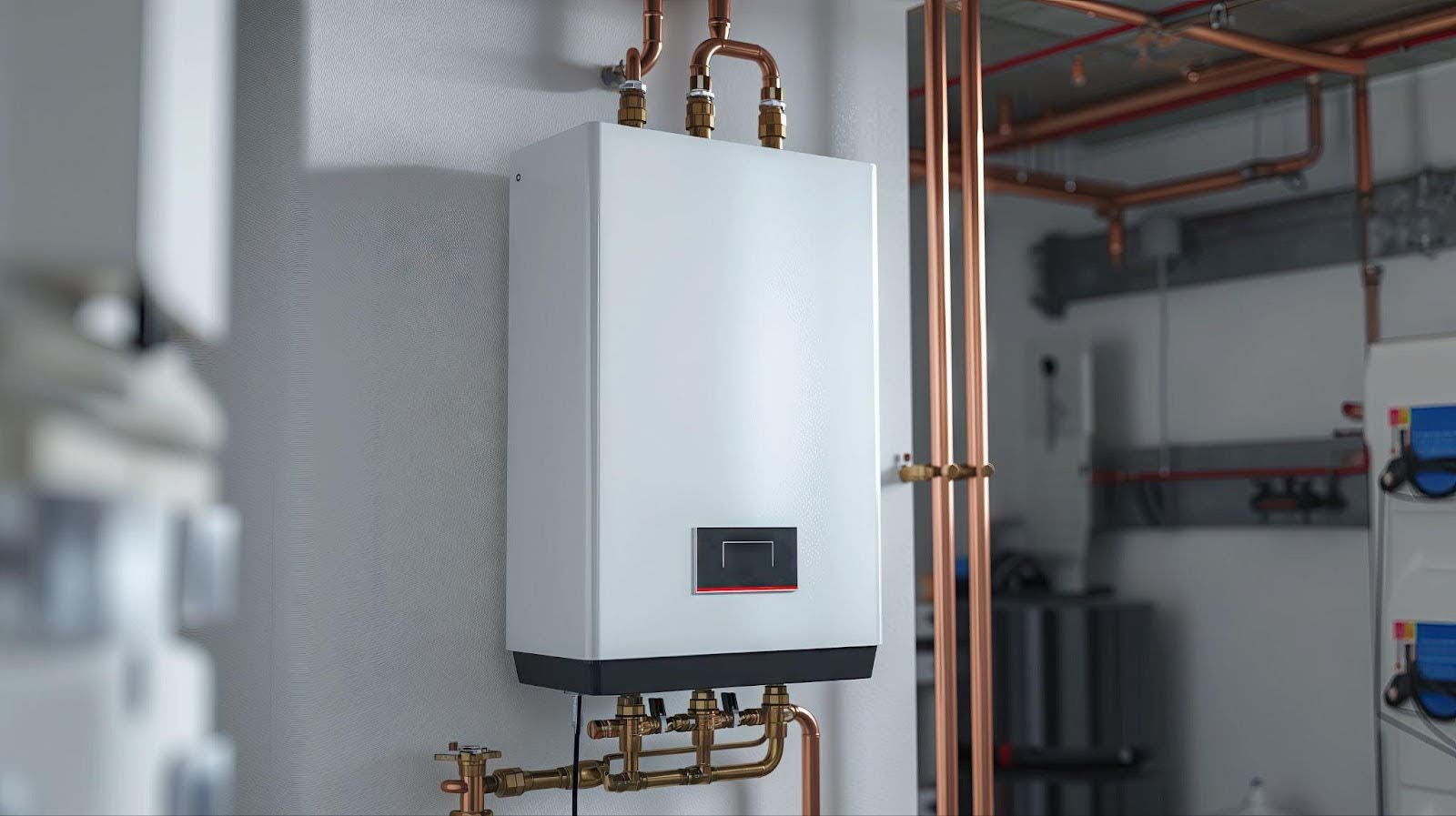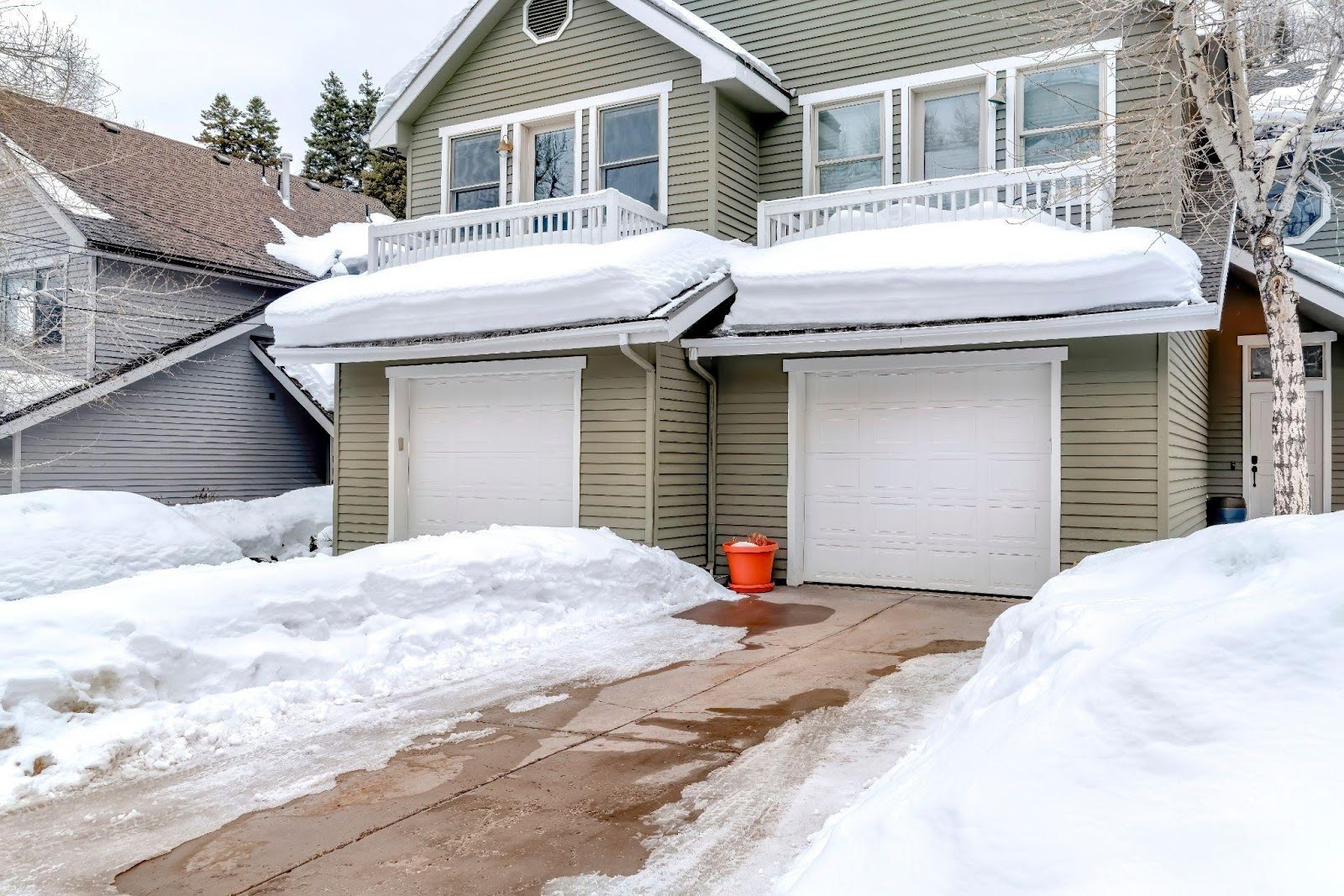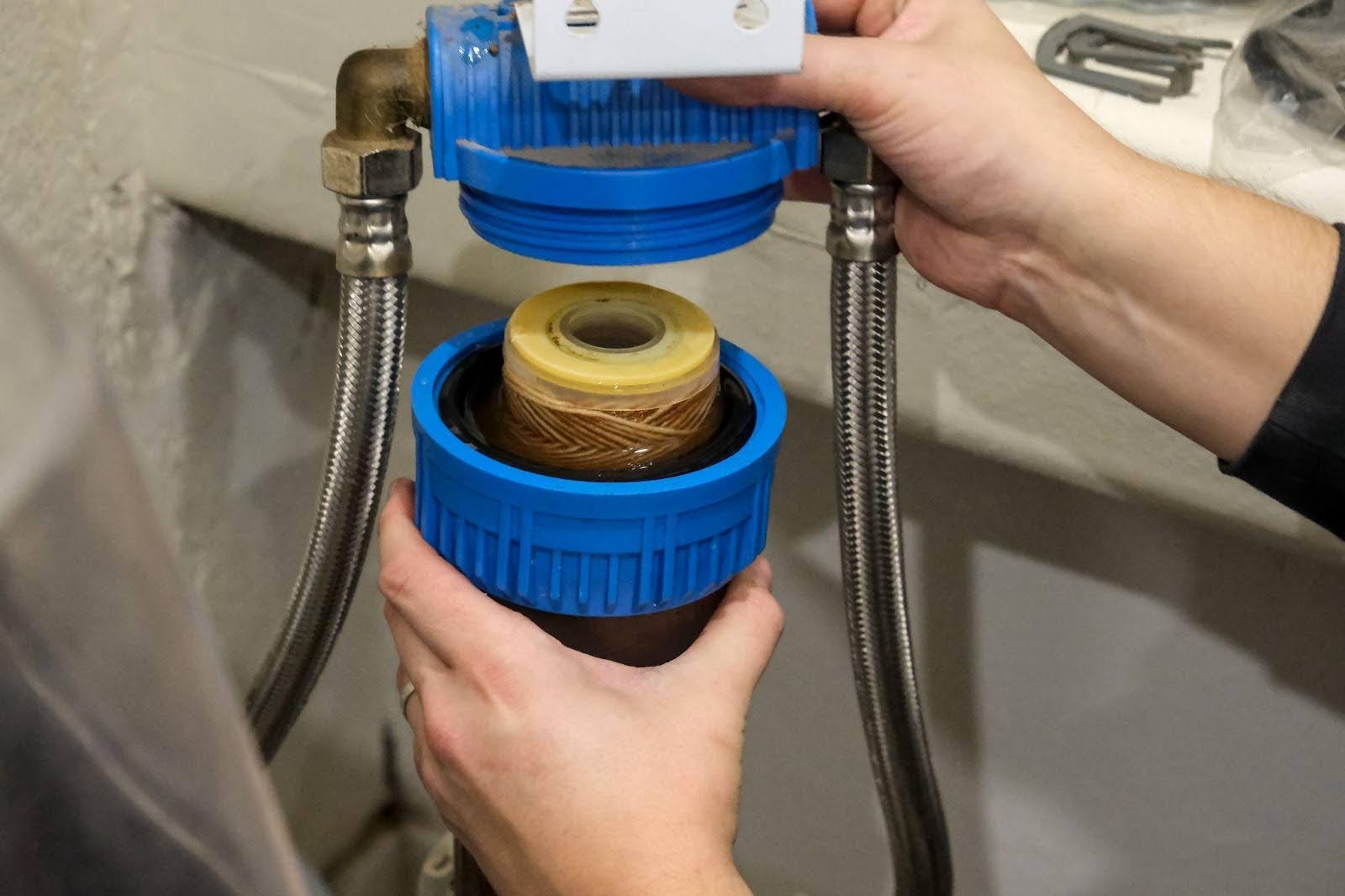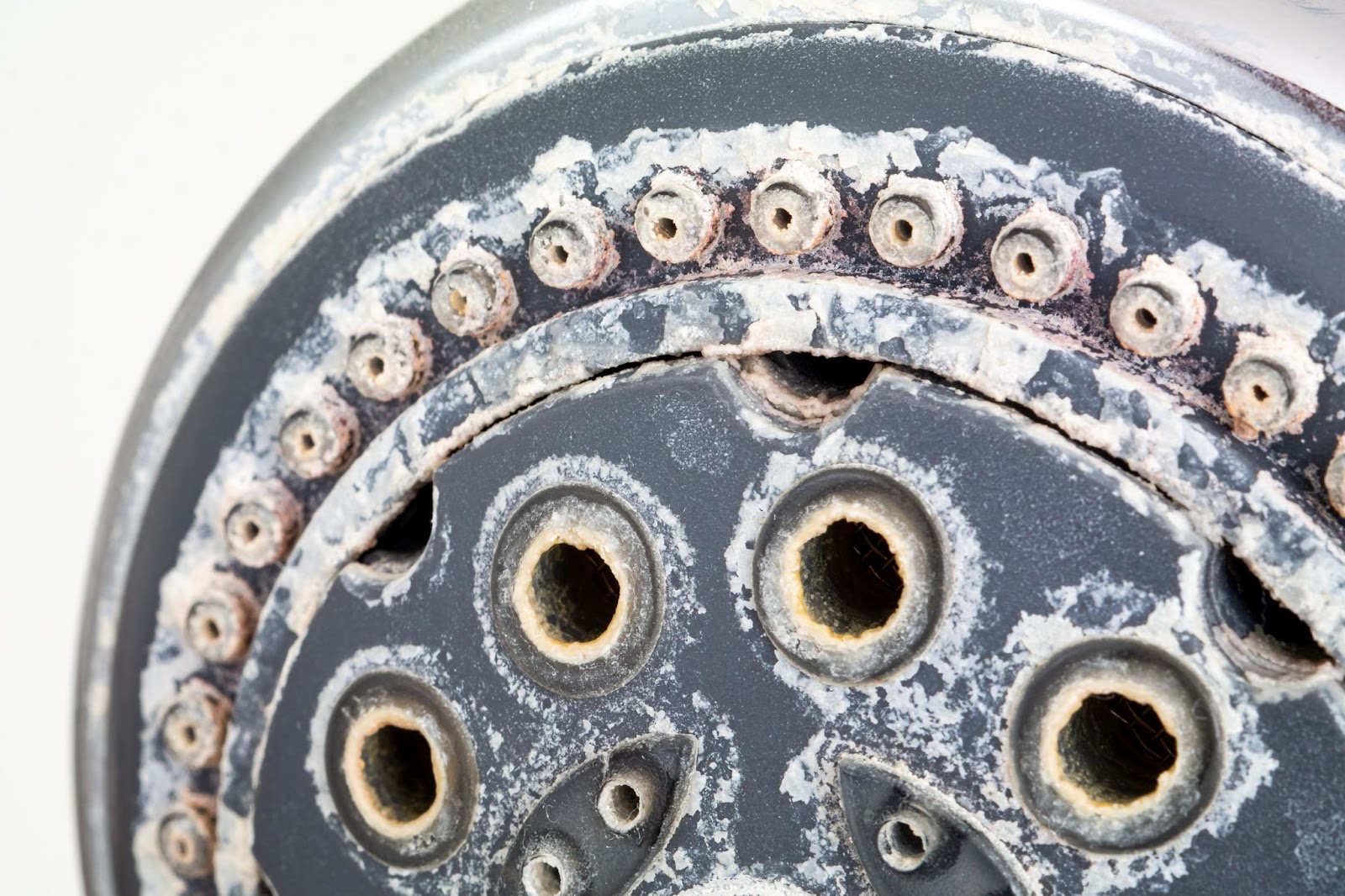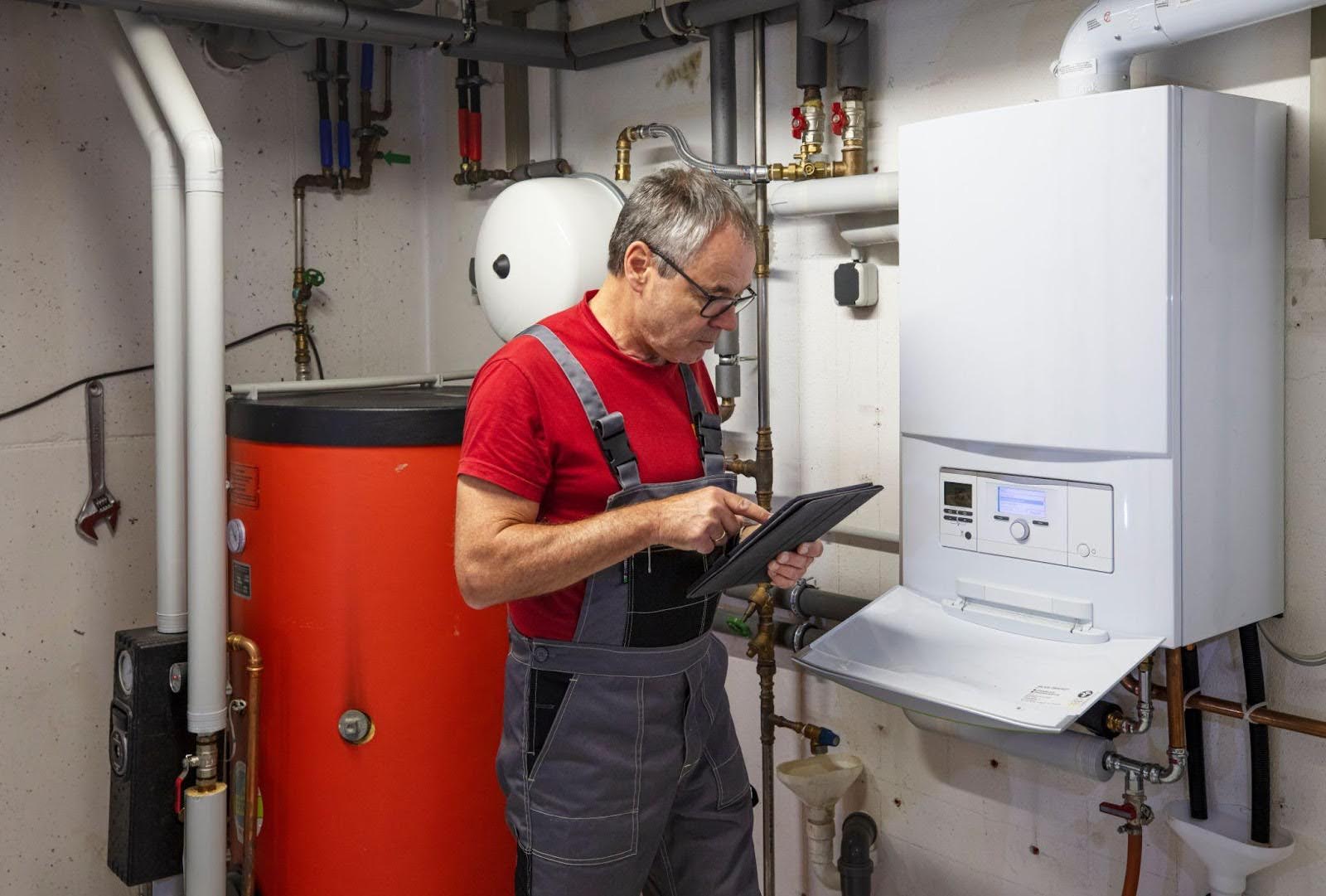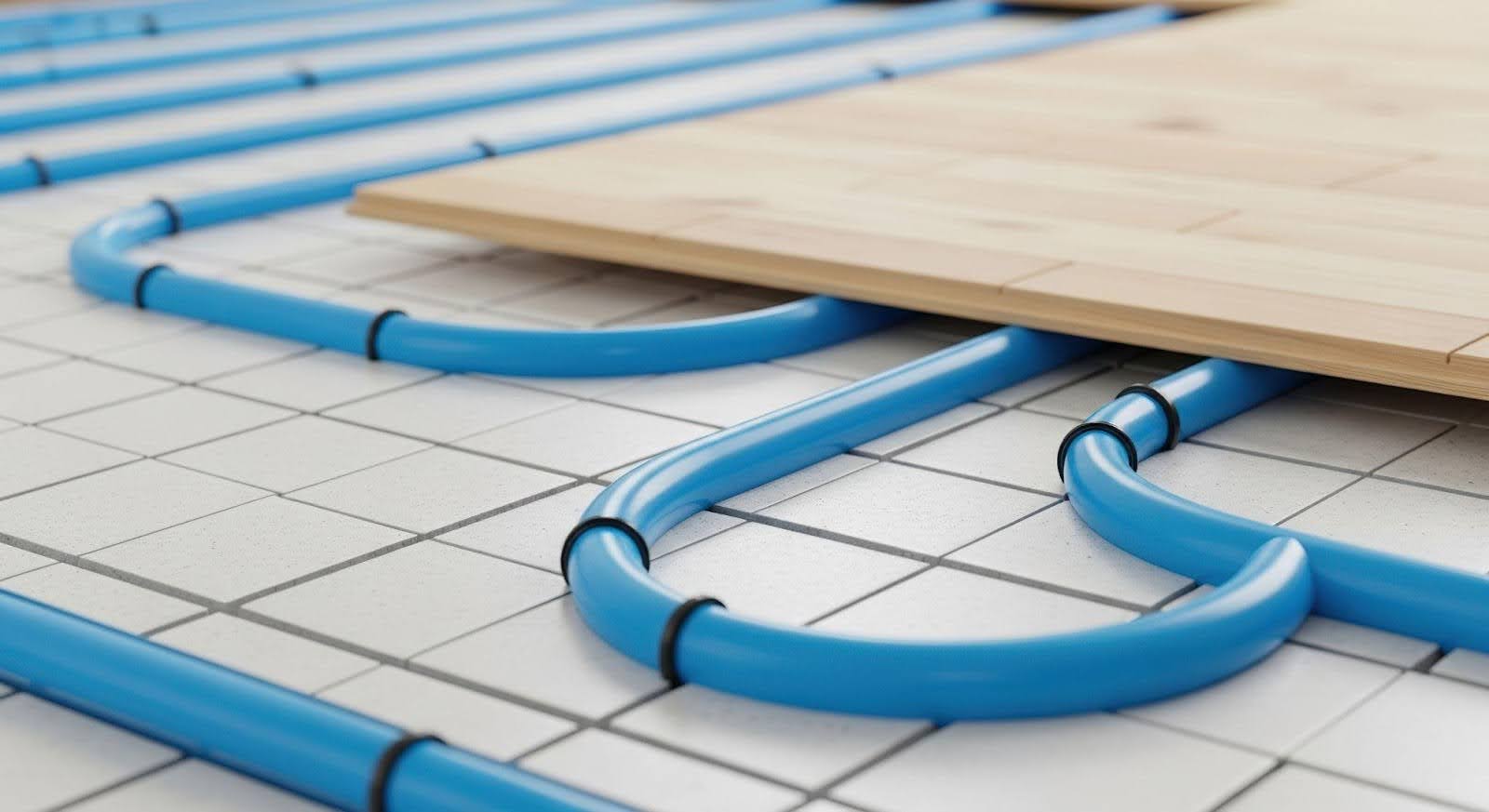Upgrading to a tankless water heater is gaining traction among homeowners seeking efficiency and sustainability. As conventional tank water heaters age, many are turning to tankless models for their potential to cut energy costs and provide a limitless supply of hot water.
The desire to reduce utility bills and enjoy a continuous hot water supply without the bulk of a traditional tank drives this shift.
In this blog, we’ll explore the numerous benefits of switching to a tankless system, including how it will enhance your home’s energy efficiency, provide space savings, and ensure you never run out of hot water during a shower again.
What is a tankless water heater?
A tankless water heater, also known as an on-demand water heater, operates without the use of a storage tank. Unlike traditional water heaters that constantly heat and store water in a tank, tankless versions heat water directly as it flows through the device, ensuring hot water only when it’s needed.
This approach conserves energy by eliminating standby heat loss associated with tank storage but also provides an endless stream of hot water, a major convenience for any household.
A heat exchanger, activated by the incoming flow of water when a hot water tap is turned on, powers a tankless water heater. As water flows through the exchanger, it instantly heats to the set temperature. These heaters can run on electricity, natural gas, or propane, each offering different efficiencies.
The immediate heating ability of tankless water heaters means that they are capable of providing hot water at a precise moment’s notice, making them both efficient and effective in managing home water heating needs.
Advantages of tankless water heaters
Endless hot water supply
One of the most celebrated benefits of tankless water heaters is their ability to provide a continuous flow of hot water. This is ideal for families and situations where hot water is in high demand. Since these systems heat water on demand, they supply it endlessly without the limitations of a tank that empties.
Energy efficiency and cost savings
Tankless water heaters achieve high energy efficiency by heating water only when needed, eliminating the energy wastage traditional tank heaters incur from maintaining the temperature of stored water.
Operational efficiency translates into savings on utility bills, with many homeowners seeing reduced energy costs almost immediately after installation.
Space savings
Tankless water heaters feature a compact design, allowing installation in smaller or more confined spaces compared to traditional tank water heaters. This size advantage offers greater flexibility in installation locations, such as closets, under sinks, or in other tight areas, freeing up valuable space in a home.
Longevity
Compared to traditional tank water heaters, tankless models often have a longer lifespan. While the average tank water heater may last around 10 to 15 years, tankless water heaters operate effectively for 20 years or more with proper maintenance. This extended service life not only reduces the frequency of replacement but also enhances the return on investment over time.
Environmental impact
Switching to a tankless water heater brings environmental benefits, primarily through reduced energy consumption and minimized waste.
These systems operate on an on-demand basis, meaning they only heat water when it’s needed, which drastically cuts down on energy use. This reduction in energy not only leads to lower greenhouse gas emissions but also decreases the overall environmental footprint of a household.
Because tankless water heaters have a longer lifespan than their tanked counterparts, they contribute to less waste in landfills. Fewer replacements consume fewer resources over time for manufacturing, packaging, and shipping new units.
Additionally, manufacturers use recyclable materials in many tankless models, further aiding in waste reduction once the heater reaches the end of its useful life.
Considerations before upgrading
Initial cost and installation
Upgrading to a tankless water heater involves an initial investment that is typically higher than that of traditional tank models. The installation process may also require retrofitting, especially in older homes where the existing plumbing and electrical systems may not support the new technology.
It’s important to consider these upfront costs and potentially consult with a professional to determine the scope of installation work required.
Sizing and usage needs
Selecting the right size and model of a tankless water heater is crucial to meet the specific hot water demands of your household. Unlike traditional models that store a large volume of hot water, tankless heaters provide hot water on demand.
To avoid capacity issues, you must accurately assess your peak water usage and choose a unit that can handle the demand. Factors to consider include the number of bathrooms, simultaneous usage, and the overall water usage habits of all residents.
Maintenance requirements
While celebrated for their efficiency and longevity, tankless water heaters require regular maintenance to operate at their best. This includes annual servicing to check for scale build-up, ensure the integrity of electrical components, and verify that all connections are secure.
Maintenance for tankless models is usually more technical compared to traditional water heaters, potentially requiring specialized services. Understanding these requirements will help you keep your system running efficiently and prolong its life expectancy.
How to choose the right tankless water heater
Choosing the right tankless water heater involves several factors that ensure you meet your household’s hot water needs efficiently. Here’s how to make the best choice based on fuel type, capacity, and energy efficiency ratings.
Selecting the appropriate fuel type
Tankless water heaters are typically powered by electricity, natural gas, or propane. Your choice of fuel type should align with the availability and cost in your area as well as your home’s existing infrastructure.
Gas-powered models generally offer higher flow rates, which is ideal for larger households, whereas electric models are more compact and easier to install but might require electrical upgrades.
Determining the right capacity
Unlike traditional water heaters, tankless models don’t store hot water but heat it on demand. To choose the right capacity, consider the maximum number of devices you might use simultaneously and their total flow rate in gallons per minute (GPM).
For instance, running a shower, dishwasher, and washing machine at the same time requires a water heater that handles the combined flow rate of these appliances.
Understanding energy efficiency ratings
Energy efficiency is one of the most appealing benefits of tankless water heaters. When selecting your unit, look for the Energy Factor (EF) or Uniform Energy Factor (UEF) ratings.
These ratings measure the water heater’s overall energy efficiency based on the amount of hot water produced per unit of fuel consumed over a typical day. Higher ratings signify better efficiency and more long-term savings on energy bills.
Consider models that meet or exceed ENERGY STAR® standards to maximize efficiency and environmental benefits.
Installation process
Understanding what to expect during the installation of a tankless water heater will help you prepare effectively for the transition. Here’s a brief overview of the installation process.
Pre-installation assessment
The installation journey begins with a professional assessment of your current plumbing and electrical systems to ensure compatibility with a tankless unit. This step may involve evaluating your home’s electrical system, gas lines, and venting requirements, especially if you’re switching from an electric to a gas model or vice versa.
Removal of the old unit
If you’re replacing a traditional water heater, the existing unit will need to be safely disconnected and removed. This involves draining the tank, disconnecting gas or electrical connections, and removing the unit. Be sure to handle this process with care to avoid any water damage or injuries.
Installation of the new tankless system
Installing a tankless water heater involves mounting the unit on a wall, typically in a basement, garage, or utility room, where it is easily connected to existing water and power supplies. The installation includes running new water lines to the unit, installing proper venting if using a gas model, and making electrical connections if necessary.
System testing and calibration
Once installed, the system needs to be thoroughly tested to ensure it operates correctly. This includes checking for leaks, ensuring all connections are secure, and calibrating the unit to meet your specific heating demands. This stage might also involve setting up user controls and adjusting the water temperature to your preference.
Final walkthrough
To conclude the installation, the professional installer will usually provide a walkthrough of the new system, explaining how it operates, how to perform basic maintenance, and answering any questions you may have. This is also a good time to discuss any follow-up service or maintenance plans offered by the installer or manufacturer.
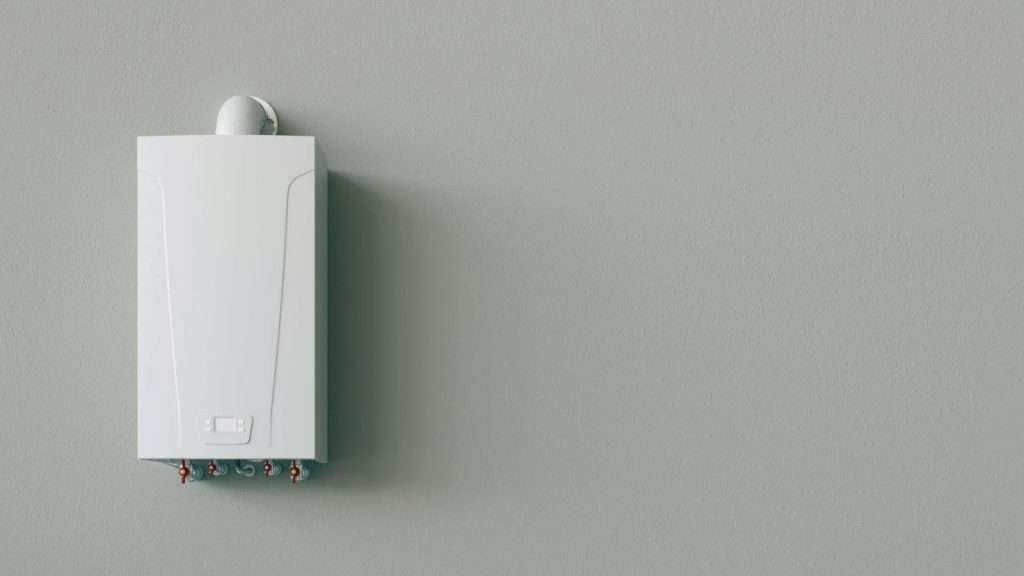
Trust Salisbury Plumbing for Your Tankless Water Heater Installation
Upgrading to a tankless water heater is a significant investment in your home’s comfort and efficiency. Choosing the right professionals to handle the installation is as important as selecting the appropriate unit. Salisbury Plumbing brings expertise, reliability, and exceptional customer service to every job.
With our deep understanding of tankless water heater systems and a commitment to ensuring your installation is seamless and tailored to your needs, Salisbury Plumbing stands out as the best choice.Don’t leave the installation of your advanced heating system to chance. Contact Salisbury Plumbing today and ensure your transition to a tankless water heater is smooth, professionally handled, and beneficial over the long term. Experience the difference with Salisbury Plumbing — where your home’s efficiency and comfort are the top priority.
toto slot toto slot slot thailand situs slot gacor toto togel toto slot slot online situs toto situs togel slot gacor hari ini

